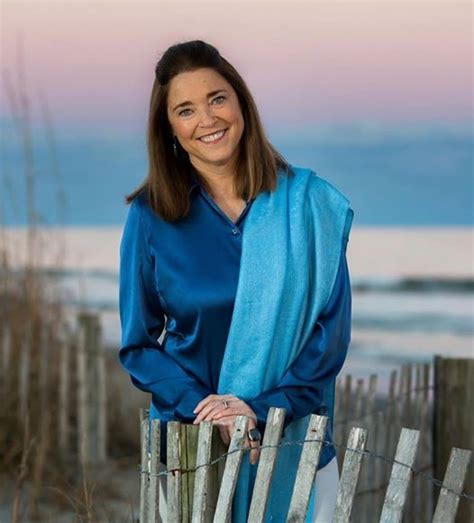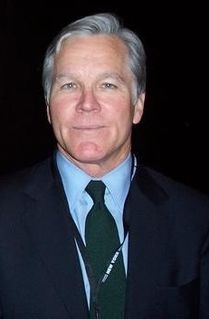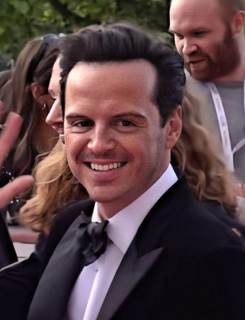A Quote by Jill Lepore
Secrecy is what is known, but not to everyone. Privacy is what allows us to keep what we know to ourselves.
Related Quotes
While privacy strengthens all our bonds, secrecy weakens and damages connection. Lerner points out that we do not usually "know the emotional costs of keeping a secret" until the truth is disclosed. Usually, secrecy involves lying. And lying is always the setting for potential betrayal and violation of trust.
In our culture privacy is often confused with secrecy. Open, honest, truth-telling individuals value privacy. We all need spaces where we can be alone with thoughts and feelings - where we can experience healthy psychological autonomy and can choose to share when we want to. Keeping secrets is usually about power, about hiding and concealing information.
Everyone agrees that a secret should be kept intact, but everyone does not agree as to the nature and importance of secrecy. Too often we consult ourselves as to what we should say, what we should leave unsaid. There are few permanent secrets, and the scruple against revealing them will not last forever.






































